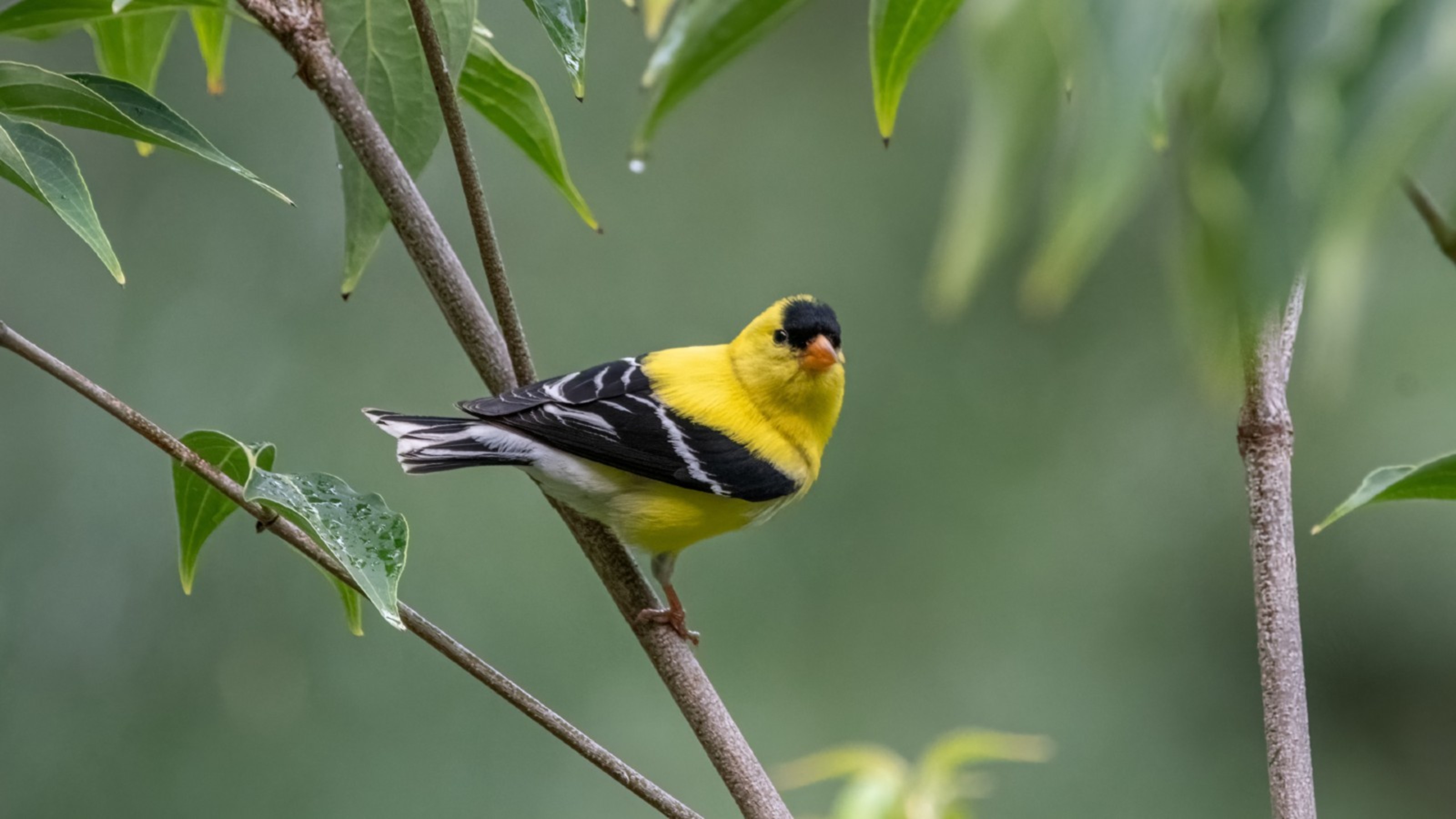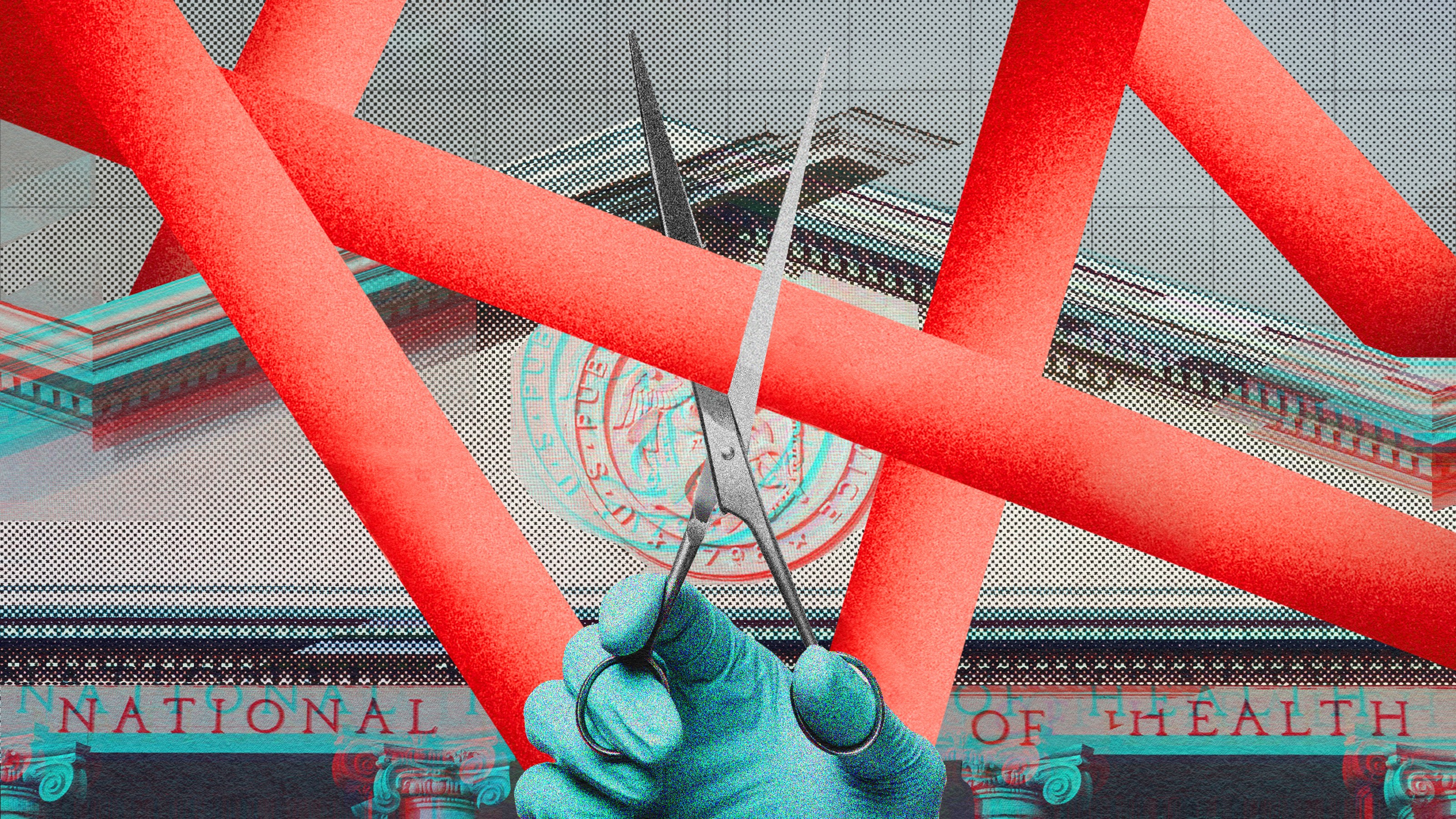No, Seriously. Science Can Be Funny.

What’s the Big Idea?
The history of scientific discovery, in Bill Nye’s words: “Copernicus goes, the sun is the center, not the earth. Everybody’s like what, dude? Yeah. The earth goes around the sun. Oh, now everything adds up. Galileo says hey, you know, we’re not the only planet with a moon. Oh, we’re going to have to put you in prison. I’m sorry, we’re going to have to keep you in prison if you’re going to insist.”
And that, of course, is why we love him.
Science is discovery conducted in a disciplined fashion, says Nye (aka Bill! Bill! Bill!), whose knack for explaining intricate concepts in a friendly, accessible, and goofily good-natured way made him a sort of Carl Sagan figure for American kids of the 1990’s. (By chance, Sagan was Nye’s teacher when he was a student at Cornell).
But there’s more than cheek to this geek. It doesn’t matter whether you’re laughing with him or at him: the kitschy jokes and neon squiggles are a way to get students to pay attention – and hopefully, to awaken their curiosity about chemistry and biology. Learning is a participatory process, he says, not something a teacher can force. “You always want the student to figure it out for her or himself. You don’t want to give her or him the answer.”
In that way, teaching is like comedy: the goal is to get people to choose to embrace it. Both require a performer’s backbone and a yogi’s mindfulness. You have to understand your audience, and you also have to listen to them. You’ll know you’ve won them over when they become active participants. “The funniest time is when you say ‘Well, you had to be there.’ And the reason is because you’ve chosen to laugh. If you challenge the student to come up with the answer for her or himself, then he’s chosen to do that, she’s chosen to do that. It makes it your own.” Having somebody do it on their own is worth more than being told about it a thousand times.
What’s the Significance?
So what would Nye do to improve science education in the 21st century? He advocates less talk, and more hands-on experiences for kids. Science is, afterall, a process. “The more discoveries you make the more you realize you don’t know what’s going on, the more you realize you don’t know. In science, you’re always going to find something.”
Editor’s note: Nye’s latest effort called “Consider The Following” is a series of short videos in support of the ExloraVision Awards that are designed to get young people “excited about science so that we will have more scientists and especially engineers in the future so that we can—dare I say it—change the world.”





